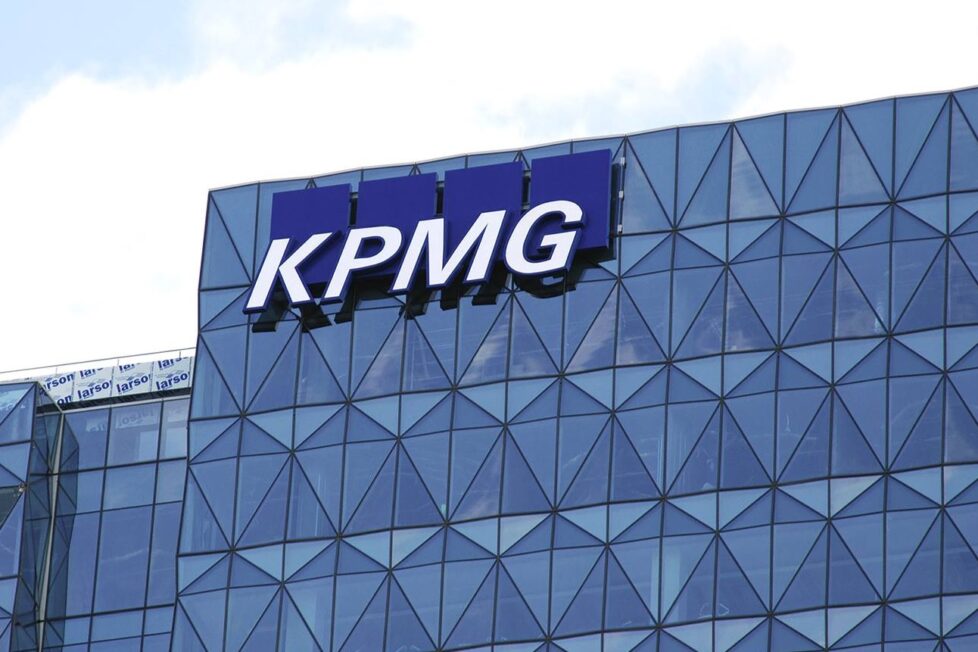High Cost of Decarbonization, ‘Green on Green’ Conflicts Holding Back Progress on Global Net Zero Goals: KPMG Report


Despite progress on scaling up low carbon energy production and industrial technologies, significant barriers remain in the way of the global ambition to achieve net zero emissions by 2050 and to limit temperature rise 1.5°C, with current initiatives insufficient to meet these climate goals, according to a new report by global professional services firm KPMG.
Key challenges holding back progress include increased levels of public debt, the relatively high cost of clean energy alternative technologies, and growing energy needs, as well as conflicting environmentalEnvironmental criteria consider how a company performs as a steward of nature. More needs emerging as a result of the energy transition.
The study, KPMG’s Net Zero Readiness Report 2023, was based on conversations with national climate change experts in 24 markets and across 6 economic sectors, examining the steps taken by each to reduce greenhouse gas emissions, and their preparedness to achieve net zero by 2050.
One of the key barriers to achieving national climate goals highlighted in the report is the high level of public debt across many economies, following increased spending by governments for initiatives including COVID relief and subsidized energy spending following the Russian invasion of Ukraine, as well as higher interest rates, constraining the abilities of governments to pursue green investments. Noting the impact on governments of the increase in global public debt to 92% of GDP in 2022 from 84% in 2019, and rising interest rates, Yael Selfin, Chief Economist, KPMG in the UK, said “it leaves less room for them to spend on meeting net zero targets.”
The report also identified the high costs of decarbonization as a challenge that needs to be addressed, highlighting issues such as emerging opposition to plans in countries including the UK and Germany to require homeowners to move away from fossil fuel-powered heating to low emissions alternatives such as heat pumps causing these mandates to be eased or delayed. On the industrial side, while noting the early success of some sectors, such as the automotive sector to scale up adoption of electric vehicles, the report also high cost and low availability of green fuels holding back the pace of adoption in high emitting sectors such as aviation and shipping.
On the energy front, while the report notes a major shift in investment trends over the past few years, with global spending on the development of low carbon energy now significantly higher than that for fossil fuels, it also finds that this has not yet had much impact on the overall mix of energy sources. The report highlights a variety of challenges holding back a shift in the energy mix, including the increasing energy needs of fast-growing countries such as China and India leading them to add both renewable and fossil fuel generation, and the need to significantly re-engineer electricity grid infrastructure to handle more widely distributed energy generation sources and more the intermittent production typical of renewable energy.
One of the challenges noted by the report was the emergence of “green on green” conflicts, or clashes between the establishment of new low carbon energy projects and the local environment, such as the impact of new generation and infrastructure projects on local wildlife, and biodiversity, which has led to local opposition to the projects in some areas.
Mike Hayes, Climate Change and Decarbonization Leader and Global Head of Renewable Energy at KPMG International, said:
“Governments, businesses, and society should continue to pursue action to address climate change. Further divisions between local communities and global interests are to be expected, but if we are to truly make meaningful strides towards net zero, at the necessary pace, while ensuring a stable energy supply, much greater focus is required. This includes in areas such as the policy environment (both carrot and stick), technical innovation, and educating society about the transformational changes that are required in our consumption and investment behaviors.”
Click here to access the report.